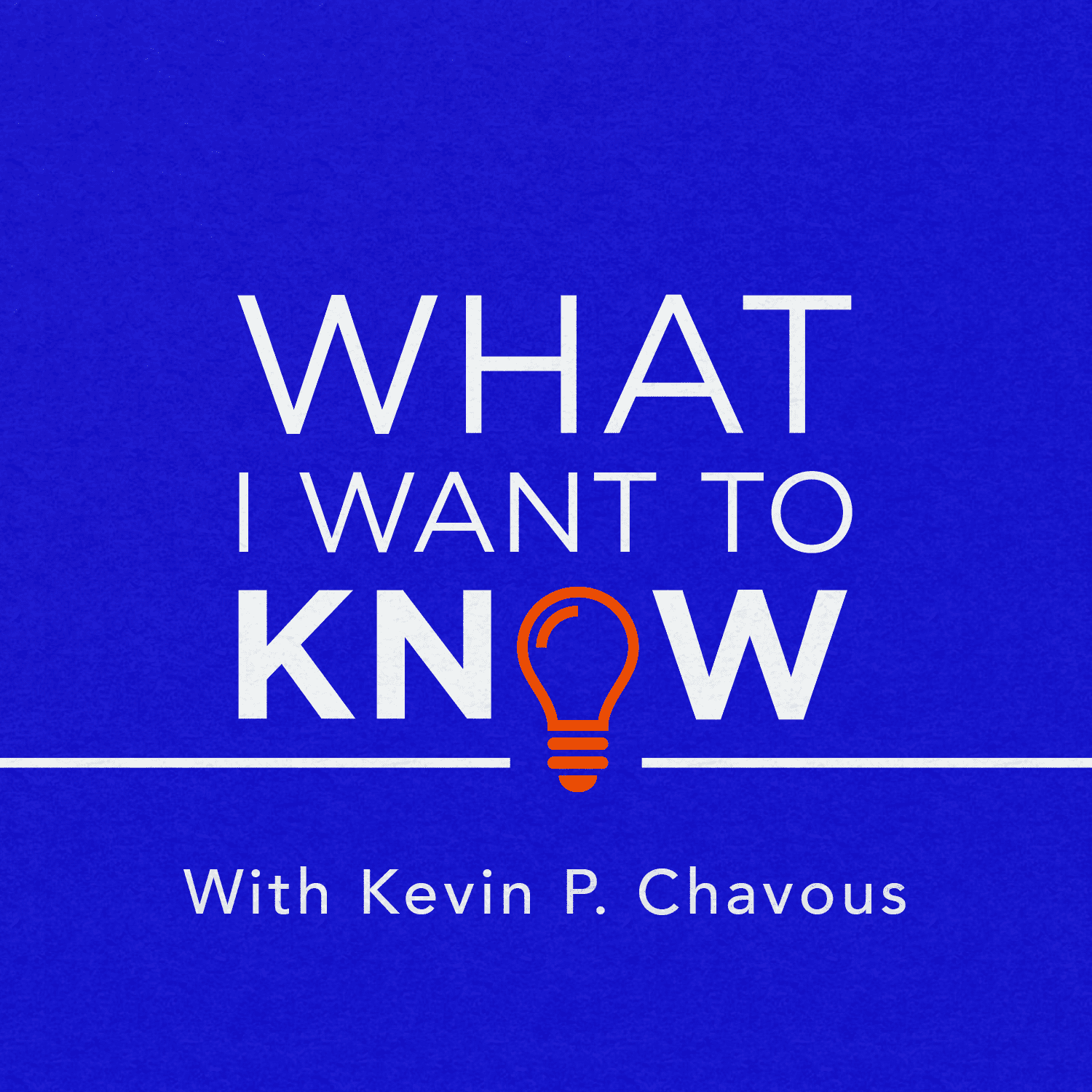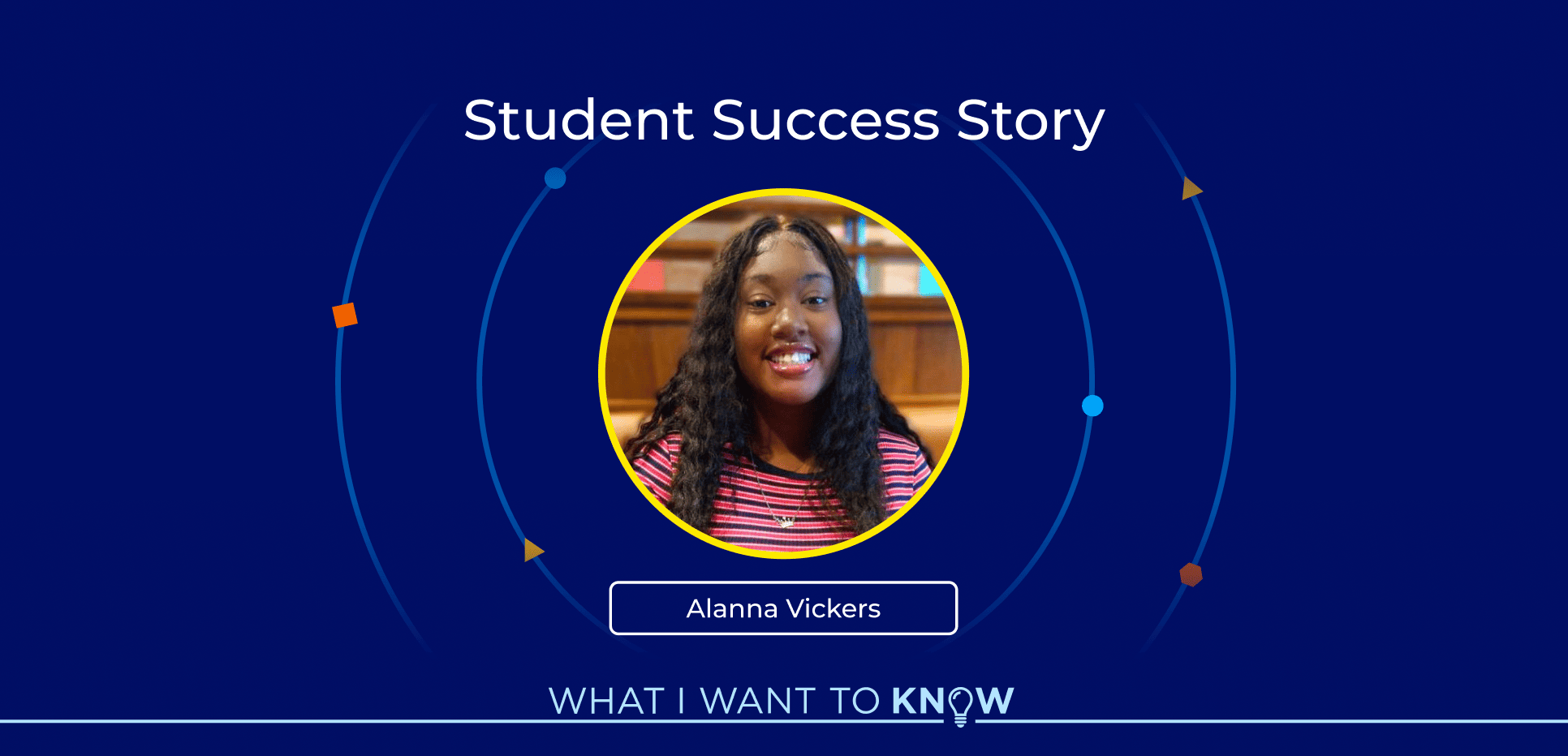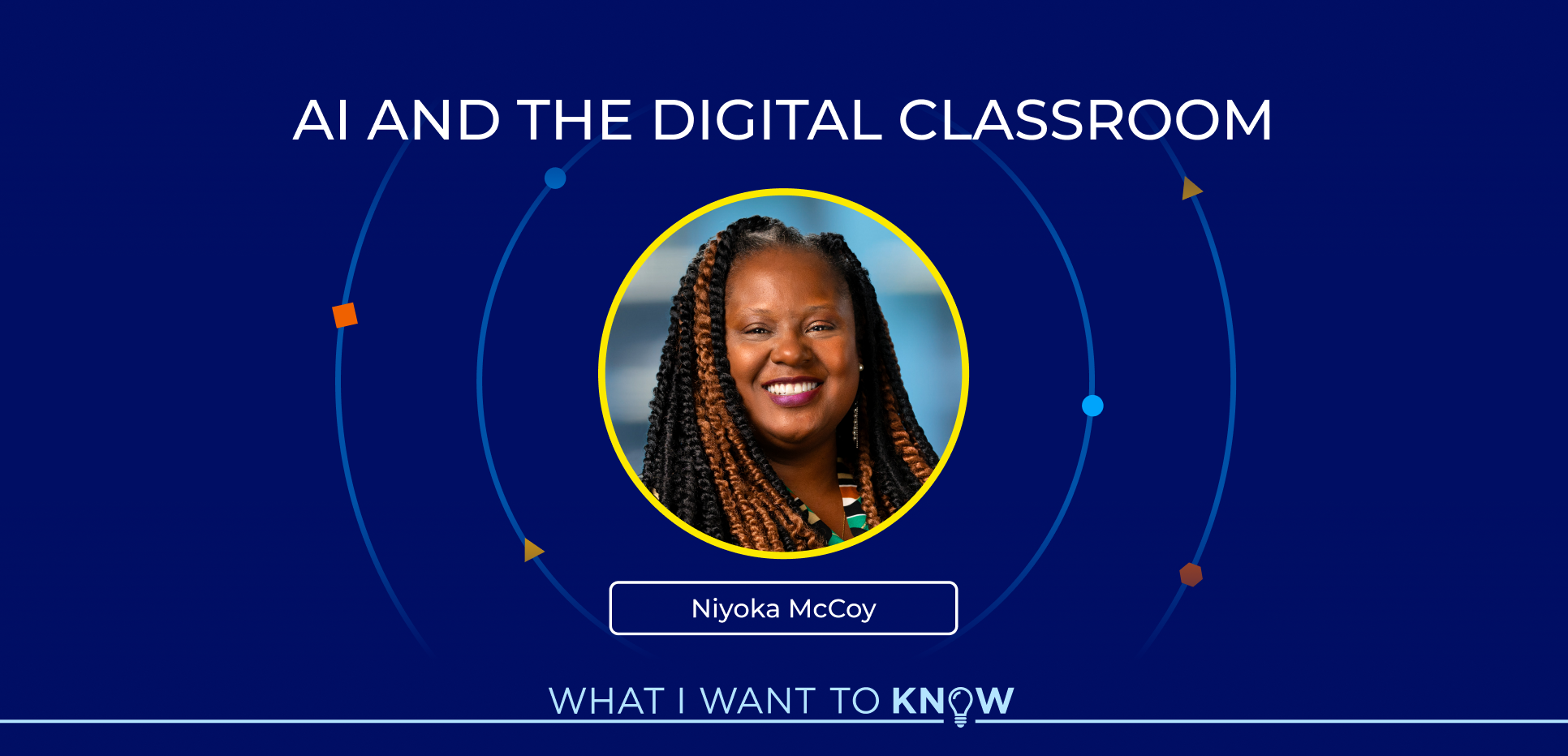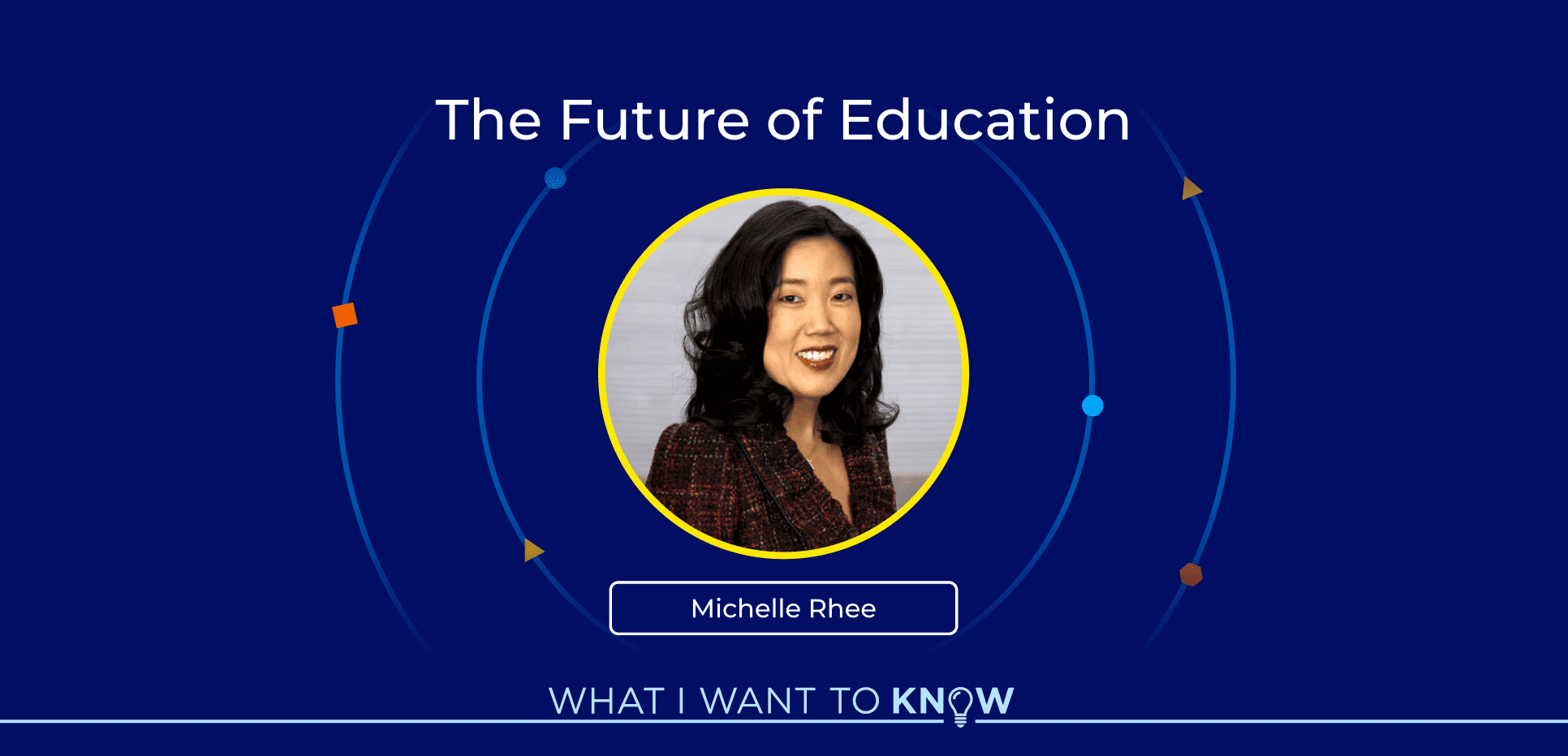According to the latest research from the CDC, nearly 2 percent of all children in the United States sit on the autism spectrum. And of those millions of kids, the vast majority attend America’s public schools. With diagnoses of autism on the rise in the U.S., are we equipped to provide these students with the assistance they need?
How can we help them thrive academically and socially? What do our teachers and administrators need to provide more vital support? And given that every child experiencing autism is impacted to varying degrees, how can our school systems implement programs that offer more of a “one-size-fits-all” solution?
In this episode, Dr. Connie Kasari, Professor of Human Development and Psychology at UCLA, joins Kevin to help us better understand the challenges that students with autism face and what our schools can be doing to help overcome those obstacles.
Listen to the Full Audio
Listen on: Apple Podcast, Spotify
Transcript
Kevin: According to the latest research from the CDC, nearly 2% of all children in the United States sit somewhere on the autism spectrum. And of those millions of kids, the vast majority attend America’s public schools. With diagnoses of autism on the rise in the U.S., I’m wondering if we’re equipped to provide these students with the assistance they need.
How can we help them thrive academically and socially? What do our teachers and administrators need to provide stronger support? And given that every child experiencing autism is impacted to varying degrees, how can our school systems implement programs that offer more of a one-size-fits-all solution? This is “What I Want to Know.”
Kevin: And today, I’m joined by Dr. Connie Kasari to find out. Dr. Connie Kasari is a professor of psychiatry at the David Geffen School of Medicine at UCLA. And she’s a leading international expert in supporting children with autism and their families. As a faculty member at UCLA since 1990, Dr. Kasari’s work has helped thousands of at-risk infants, toddlers, and preschoolers develop improved social communication skills and helped thousands of school-aged children for stronger peer-to-peer relationships.
Dr. Kasari is here today to help us better understand the challenges that students with autism face and what our schools can be doing to help overcome those obstacles. Dr. Connie Kasari, thank you so much for joining us on “What I Want to Know.” I’ve looked at your work, looked at a lot of your videos, and I really commend you for what you’ve done to work with children who have autism, but I’m struck by that question that really comes to mind, what drew you to the work?
Dr. Kasari: Good question. Well, I was really interested in kids with disabilities from the time I was in middle school. I was in class with a kid who had emotional behavioral issues and I was really drawn to him and trying to help him. And then, I don’t know, I started volunteering in high school. I went to college, I wanted to be a teacher. I wanted to teach kids with, you know, special needs, we called them at the time. Got a master’s in special education, taught for about four years, and then wanted to do more.
So went back to graduate school and I didn’t really get into autism until I was a postdoc. And I was working with babies, my dissertation was on babies and mothers, babies with disabilities and typically developing babies. And then I worked with Marian Sigman at UCLA, and she was, you know, an autism person really on the development of children with autism.
Kevin: You know, today, there are so many challenges that young people face, frankly, all of us faced when we had the pandemic. There’s a recognition and realization of the impact of trauma on children when they’re in a learning environment. And now you hear the buzzwords, on the spectrum. And so one of the first things I want to glean from you is a better understanding of what autism is, especially when you look at all the various things that people describe that may or may not really be autism.
Dr. Kasari: Well, diagnostically, there are two kind of areas. One is social communication. So it’s ability to connect with other people or to communicate well. And then the other one is this kind of restricted interests or repetitive behaviors. We used to think it was also a language impairment, but, in fact, it is not, it’s more around communication.
And so all children on the spectrum or all individuals on the spectrum will have difficulties in those two areas, but then they can have many other, you know, things that we need to think about that are what we would consider to be comorbid. So they might have intellectual disability. They might have anxiety disorder. They might be depressed. All of those other things.
Kevin: When it comes to…and the reason why I started that question is in my, you know, humble opinion from what I’ve seen, the diagnosis is critically important. And because there are various strands or layers, if you will, if you don’t understand that in the beginning, you can go down the wrong path in terms of trying to help.
Dr. Kasari: Yes. Absolutely. Lots of our children are misdiagnosed early on. And so then they miss out on early intervention services, especially children who are what we would consider traditionally marginalized and minoritized populations. They get later diagnoses. They could miss early intervention altogether.
Girls can miss interventions because we overlook, you know, the ways in which girls sort of socialize. You know, it’s different from boys. Boys will stand out with some of their behaviors and girls will not. Yeah. So we have issues with that.
At the same time, you know, having a diagnosis shouldn’t prevent somebody from getting services or not, right? So teachers will see a child who is struggling to learn and may have some behavioral challenges, and they need to treat those symptoms regardless of whether it’s autism or something else.
Kevin: And don’t we see though that that runs the gamut school by school. I mean, there isn’t the needed consistency in terms of either the diagnosis or the treatment, or even the awareness. And what should we be doing to make sure that our schools generally, and teachers specifically, are better equipped to begin that process?
Dr. Kasari: That is a big challenge. So we have known for many years, decades now, that teachers need more training and everyone recognizes it, and yet it still is not happening. So why is that? So I would say that we need to revamp teacher education programs, especially for general education teachers. You know, that’s how I was initially trained. And you need to have that commitment to all the children in your classroom.
Kevin: Does that mean and include revamping our approach to training in ed schools, starting in ed schools?
Dr. Kasari: Absolutely.
Kevin: Yeah. And I think that’s often overlooked because ed schools are often the last area, you know, to embrace that kind of change.
Dr. Kasari: Absolutely. So, for example, teacher ed programs…you know, I’m out of a school of education.
Kevin: Yes.
Dr. Kasari: There’s a two-unit, so two-credit course on disability. That’s it. It’s not enough. And it’s clear that it’s not enough. And it’s the one issue that teachers, once they get into practice, often complain about. They don’t know how to manage their classroom. They don’t, you know, know how to reach all of the children in their classroom. But we’re not mandated to do more than that, and so people are not doing more than that.
Kevin: But I wanna go back to, let’s say you have a young child, toddler 2 to 3 years old, 4 years old, if you’re a parent, and this is for the parents who may be listening, what are the signs that would lead you to consider getting your child evaluated?
Dr. Kasari: Sort of that lack of connection with the family members. So that sort of feeling like you can’t really communicate or engage. The child may not be playing with toys appropriately. They may be very delayed in their language. And actually, that’s usually what parents will see, this delay in language. And so they’ll go see the pediatrician or their speech therapist to get an evaluation.
I don’t think parents should be afraid of getting that evaluation. Some parents wanna pretend like it will just go away or that no one will notice, but once members outside your family start noticing that your child is a little bit slower, a little bit delayed, you know, get them evaluated so they can get into early intervention services.
Kevin: How important…and this may be an obvious question, but again, this is for people who may be listening. But how important is the early intervention as opposed to putting it off for a year, two, three years, what have you?
Dr. Kasari: Well, I think it’s really important. And group settings are really important for children. So a lot of times, you know, the field has issues with thinking about how to best intervene. So some get many, many hours of adult-child one-on-one therapies. And really children also…I mean, some of that may be important, but they also need to be in group settings.
So in childcare settings, or, you know, early intervention starts at…part C starts at, you know, birth to 2, a lot of our children aren’t diagnosed until after 2. But part B services, preschool services are available, you know, across the country. So people should take advantage of those services and try to get into group settings so your children can learn to socialize with other children. It’s really important.
Kevin: And part of the reason why many parents, one, there’s this feeling that they’ve done something wrong, or they don’t wanna face what may be there. But there’s also this stigmatization that’s out there for, frankly, any child that’s “different.” Whatever different means these days. What is your advice to parents, you know, where those thoughts creep in?
Dr. Kasari: It’s common, right? Well, in the United States and it’s even more common, I think, in other countries, the stigma. Not trusting professionals. And I understand that. We do a lot of outreach and work with community and try to partner with people in the community so that folks will feel safe enough and trusting enough of those professionals that wanna help.
Kevin: Yeah. And I was gonna ask you about UCLA. I wanted you to talk a little bit about the work that is done there in your involvement.
Dr. Kasari: Well, I’ve for many years now have been working in schools or in community because we have one issue with research on kids with autism is that it has tended to be people coming into centers like UCLA or any of the other centers around the country. They tend to be educated families. They tend to be White middle-class. And so we have a problem when we think about sort of the evidence base of interventions.
So probably for the last 10 or 15 years, I’ve been working directly in community and partnering with school district folk and community agencies in order to diversify our samples and to make sure that children have access to evidence-based interventions in the community.
Kevin: The focus at UCLA is on what?
Dr. Kasari: Well, we have many different areas. So we really cover a broad spectrum of research as well. So there are people that do genetics. We actually have a large project on genetics, and specifically on African-American families with autism. There’s work on brain-behavior connection. So people are doing circuit-based, you know, EEG, or they’re doing neuroimaging studies. There are people doing animal-based studies. And then there are those of us who study more the behavioral aspects, so interventions or assessments.
Kevin: When it comes to the schools, I wanna go back to them because you spend a lot of your time, even with your work at UCLA, as you said, you’ve done a lot of community-based grassroots work, and you work with LA Unified. And that’s one of the largest school districts, you know, in the country. And talk a little bit about your experience there as it relates to this idea of making sure we do engage those communities that are often neglected.
Dr. Kasari: I’ve worked with mostly the special education group and the autism group. And we’ve done randomized control trials in schools. We’re doing one now where we’re training teachers to actually take on these interventions and sustain them. And they’ve been partners with us all along. So I think that that’s really important work. I think it’s really challenging.
There’s a lot of turnover in our schools. I think currently, there are about 15,000 children with autism in LAUSD from preschool through, you know, 22. Yes, it’s a really huge group. But I think we have the same problems that everybody across the country has, which is why is, you know, special education in LAUSD on a completely different floor, the administration, a completely different floor than general education? And while they try to meet together, this sort of lack of integration and siloing you can see happening in schools. It also happens, of course, at the college level.
Kevin: Well, you talk about integration. That’s been a big issue since the ADA Act passed years ago. And with schools, sometimes the bureaucracy is slow to integrate, but I’ll ask you that sort of standard question that I like to ask. If you had a magic wand and were starting from scratch, what would you do in a place like LA Unified to have better integration so to minimize the silo effect?
Dr. Kasari: I’d have everyone on the same floor.
Kevin: To start with.
Dr. Kasari: To start with. And I think that we need to just assume that there are no segregated classrooms. So as we start talking about diversity, equity, and inclusion, that often doesn’t include disability. And even when people say we’re doing full inclusion, they’re not actually including all of the children. So there are still children that are completely segregated in a separate class. And I’m not saying that they might not need so many modifications to the curriculum, that they need to be educated more one-on-one or in small groups, but just to be a member of a class is important.
Kevin: Yeah. So let me ask you this. This is gonna sound blasphemous to some educators, should we do away with this special education teacher designation and have all teachers, and then you have sub-specialties, obviously? But I’m thinking in terms of training. I think that, you know, general ed teachers would benefit from some of the training that special ed teachers get, especially if they’re in the same kind of training environment with those teachers and they’re learning from them. It seems to me, following up on what you said, that we need to sort of, you know, move away from the separateness in terms of the service delivery folks, as well as, you know, the separateness in terms of the classification of students.
Dr. Kasari: I do think there’s specialized knowledge for special education teachers. I would like to see more collaboration. So learning specialists who then collaborate as equal teachers, equal professionals with the gen ed teacher. And I think if we got into that more collaborative model, that we could make some changes.
Kevin: Let me ask you this. You mentioned there are 15,000 students in LA Unified, as an example, and all school districts have a growing number of children on the spectrum. Are all of those 15,000 students having their needs met?
Dr. Kasari: Oh, probably not.
Kevin: Yeah. And so, how would we do that?
Dr. Kasari: So the majority of them will be in inclusive settings. So that’s the gen ed teacher. So we need to have higher expectations for how they are interacting with these students and probably more training. We probably need more learning specialists that are really skilled. You know, we have a huge shortage of special education teachers. So that’s another issue.
I mean, I think that there’s just a multitude of things that we probably need to be doing. Is it always money? I mean, a lot of times it comes down to money, but it’s more than that. It’s really…it’s will and commitment and the motivation to really, you know, be inclusive.
Kevin: What percentage of children on the spectrum would you venture to guess, maybe you know, are in the segregated settings?
Dr. Kasari: Oh, I should know this from LAUSD. It’s higher than what we… It’s either…I think it might even be as much as at least half, maybe a little bit more, maybe 60% are segregated.
Kevin: And that will be my guess that most school districts, at least half the kids who are on that spectrum or autistic are in a segregated classroom. Now working backwards, how many of those kids do you think should be, or could be with the right teachers in the right support in an inclusive integrated classroom?
Dr. Kasari: The majority. There’s probably about 10% of kids who really need something very, very different. So a lot of the work I do, the research I do is what we call minimally verbal children with autism. These are kids who are often excluded from research studies because they don’t talk, or they don’t talk very much. So we have done a number of studies with minimally verbal kids and helping them to communicate. So a lot of times they’re segregated, but many of them could be in the gen ed class.
Kevin: I have one last question. This is what I really want to know. What do teachers, administrators, and policymakers need more than anything to engage students who have autism?
Dr. Kasari: Well, they need to get to know them. I often will do a talk where I say, “How many of you knew somebody growing up with any disability?” And most people did not. So having access, having people in your community, and having that acceptance, and awareness, and contact is critical. So let’s start there.
Kevin: Yeah. Dr. Connie Kasari, you’re doing amazing work. Thank you for joining us on “What I Want to Know.”
Dr. Kasari: Thank you.
Kevin: Thanks for joining “What I Want to Know.” Be sure to follow and subscribe to the show on Apple Podcasts, Spotify, or your favorite podcast app. And don’t forget to write a review too. Explore other episodes and dive into our discussions on the future of education. I also encourage you to join the conversation and let me know what you want to know using #wiwtk on social media. That’s #wiwtk on social media.
For more information on Stride, visit stridelearning.com. I’m your host, Kevin P. Chavous. Thank you for joining “What I Want to Know.”
Meet Dr. Kasari
Dr. Connie Kasari is a professor of psychiatry at the David Geffen School of Medicine at UCLA and a leading international expert in supporting children with autism and their families.
As a faculty member at UCLA since 1990, Dr. Kasari’s work has helped thousands of at-risk infants, toddlers, and preschoolers develop improved social and communications skills and helped thousands of school-aged children forge stronger peer-to-peer relationships.







